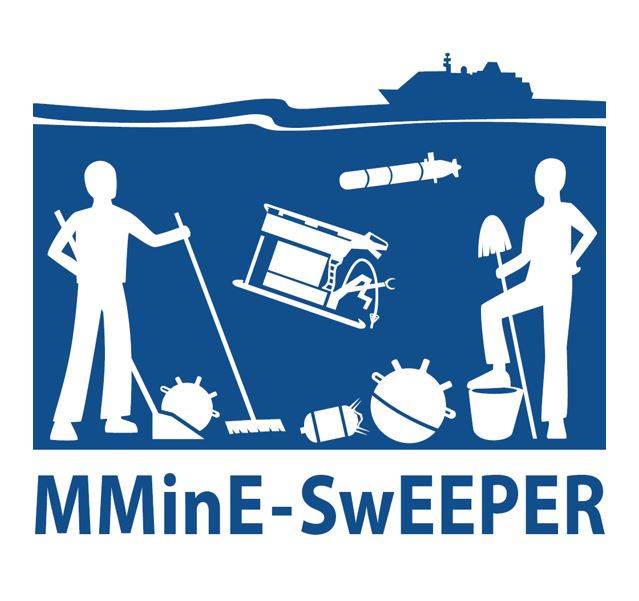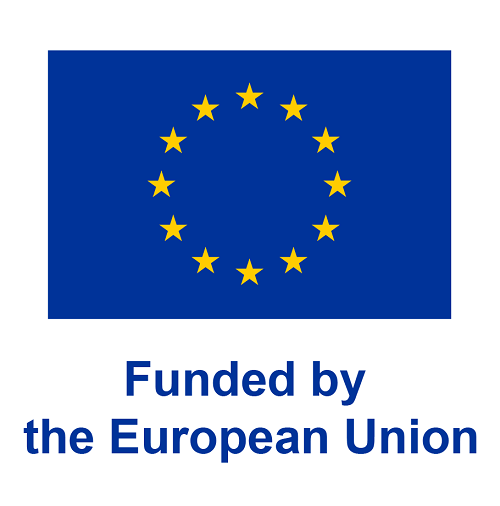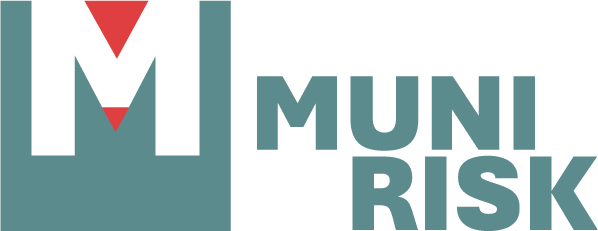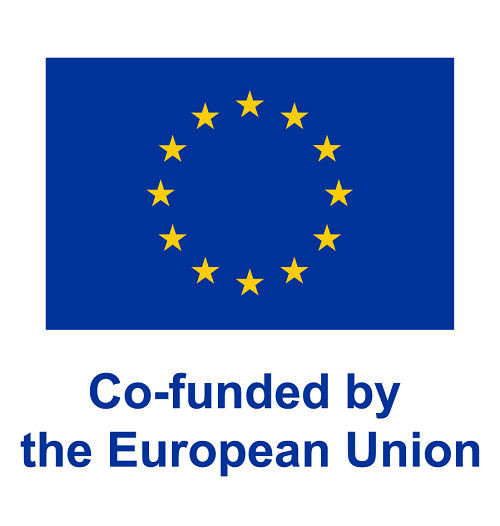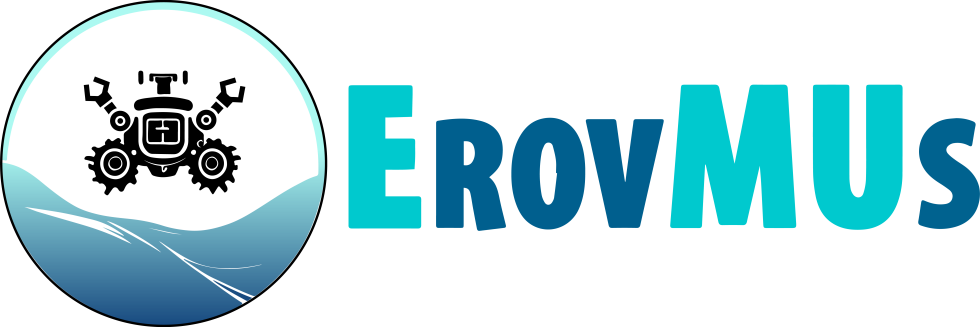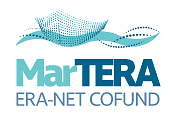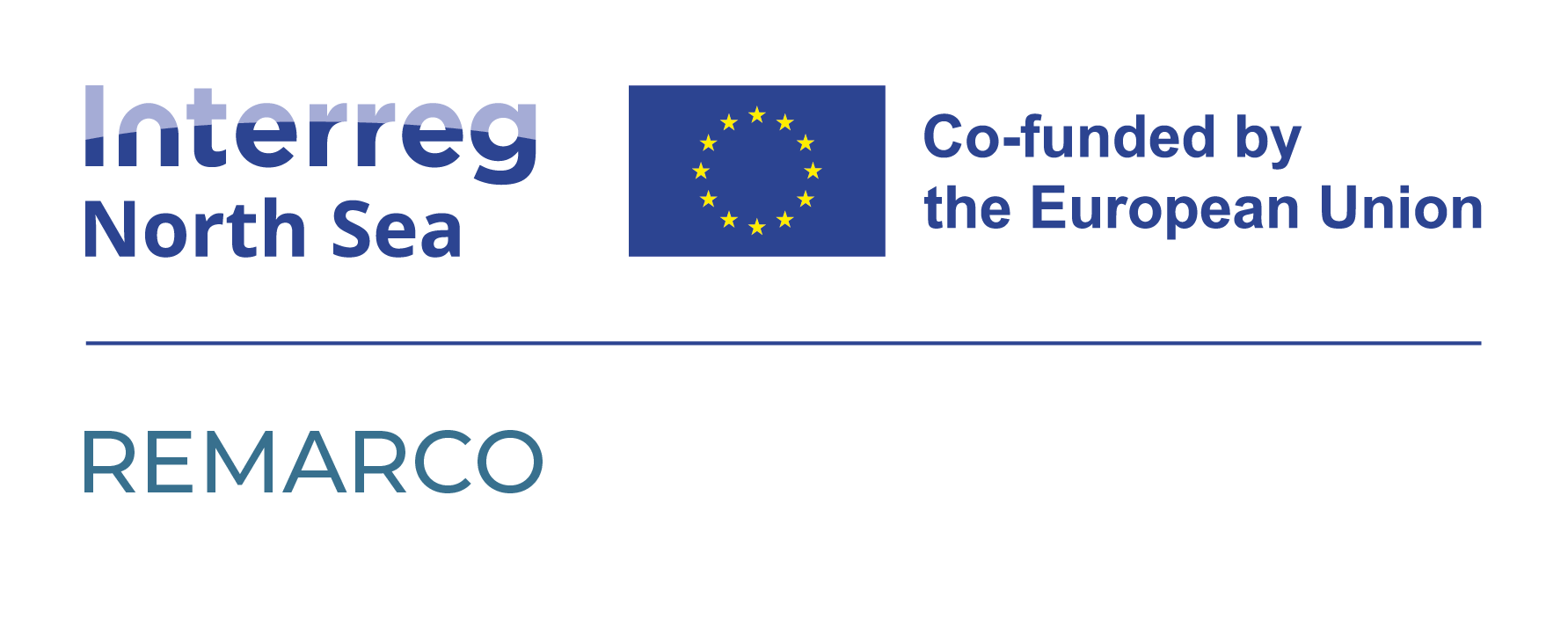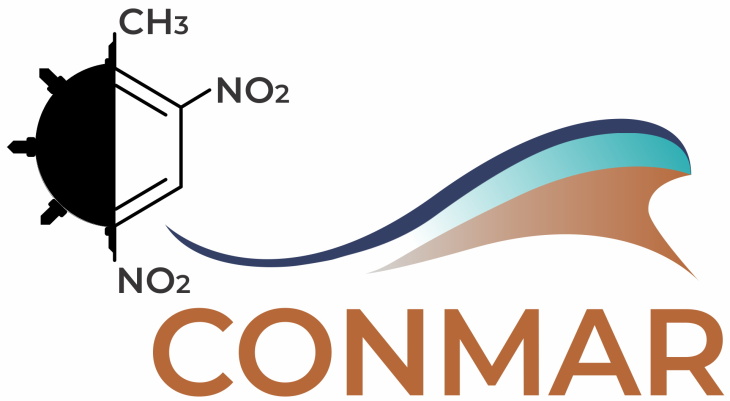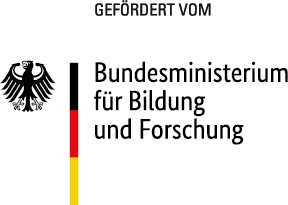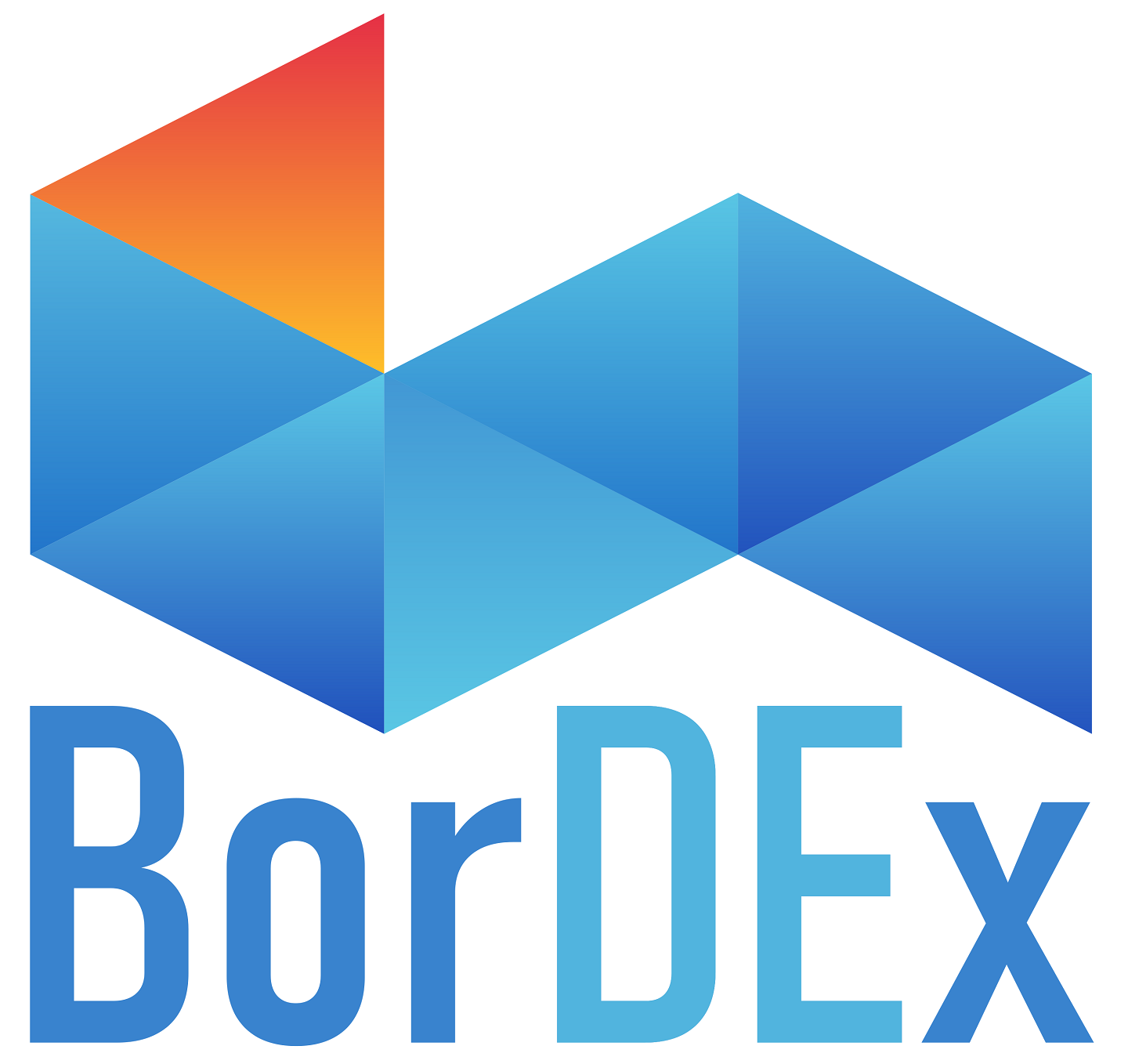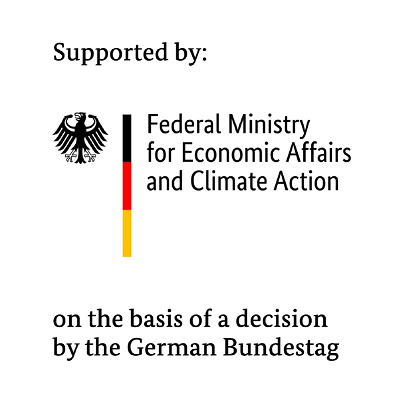Ongoing and past research projects are working to address the challenges posed by munitions in the sea. From detection and risk assessment to remediation and policy development, these initiatives contribute to understanding and mitigating the impacts of dumped and unexploded ordnance.
Many of these efforts receive funding from the European Union, national governments, and international collaborations. By combining scientific research, technological innovation, and policy frameworks, they support solutions to this environmental and security issue.
